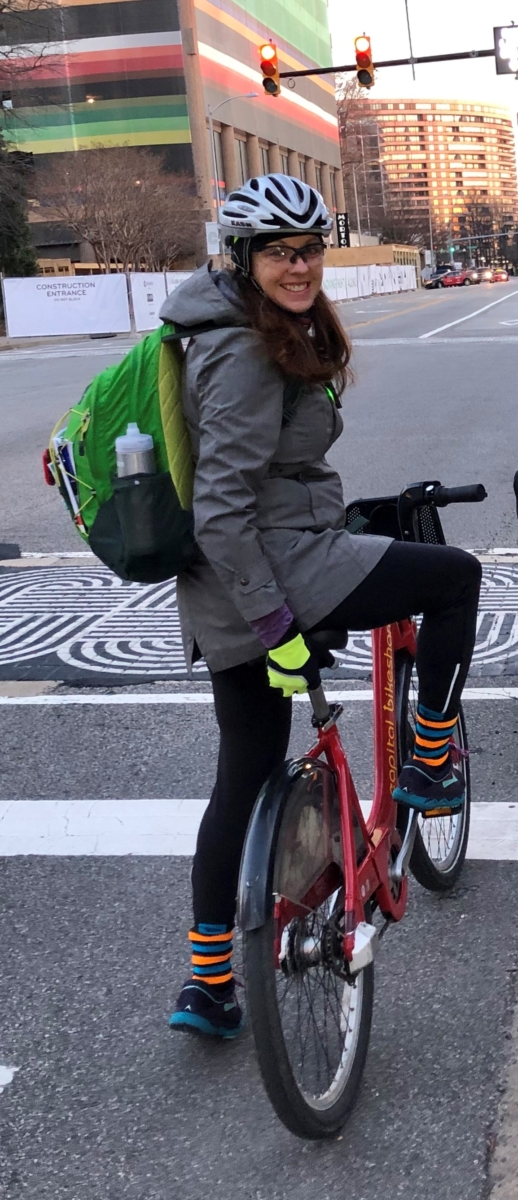Lend a Hand
Psychosocial Support
One of the most rewarding actions I do is supporting friends and family with mental health and substance use disorders. In my experience, lending a hand of psychosocial support is an important element in the process of change or recovery. More importantly, you do not have to be a mental health professional.
The term psychosocial refers to the inner world of a person and the relationship with their environment. Psychosocial support helps maintain support and may be a preventative measure of immediate or long-term mental health disorders.
I know this process of change in my life too well; My parents and sibling have the biological markers of mental health disorders such a substance use, anxiety, neurodevelopment, and depression disorders. Therefore, my lived experiences have generated a lot of my knowledge on living in and supporting the process of change.
The following are ways I found most helpful to support a friend or family member with their mental health
- Educate yourself about the process of change. Simply understanding this process helped me accept and validate the struggles and needs in each stage.
- Learn and practice acceptance. This is a tough challenge for anyone. I still go back and remind myself of the steps of acceptance. This step helped build confidence in my ability to accept myself, so I may share the gift with others.
- Learn and practice active listening skills. This is the best way to validate someone’s experience and concerns.
- Celebrate achievements often as possible. I put important dates in my calendar and phone to call, text, email, and visit on important dates.
Currently, I am supporting a friend, a stranger 20-months ago.
Almost two years ago, I met Jess through my niece who was recovering from heroin addiction. Jess resided in the ‘Hope House’ with my niece. I noticed within the first 10 months Jess’ dedication to make good choices, model responsibility to the other ladies, and reduce the risk factors of relapse. We talked about her goals and struggles when I visited. I would text her compliments my niece made of her regularly, to celebrate her and build her self-worth. My niece and I included her in our lunches, talking through the different stages of the process each were experiencing. Jess has such a tenacity and diligence to sober living. I truly admire this in her.
Although my niece returned to drug use at the 10-month mark, Jess continues her journey through recovery. It has been 20 months and I cannot wait until May to help her celebrate her two years sober.
I grew from this experience too. Jess reminders me of the positive role I played in my niece’s recovery and the support I also provided Jess. She shared with me how my acceptance and active role in her life helped. How celebrating her accomplishments, encouraging her to exercise, and teaching others her strengths (budgeting/organization) were key points in the process.
I am honored to call her my friend.
 Hilary Gallegos completed her Master’s degree in Mental and Behavioral Health Counseling at Carson Newman university in 2013. She worked with numerous mental health disorders for several years at Blount Memorial Hospital. She was inspired by overcoming challenges with managing her own mental health disorder to become a counselor. She believes treatment is specific to each person and enjoys the journey of helping others discover their strategies. Hilary is an avid gardener, mountain biker, and hiker. “These activities are what ground me and help my state of mental health by being present with nature.”
Hilary Gallegos completed her Master’s degree in Mental and Behavioral Health Counseling at Carson Newman university in 2013. She worked with numerous mental health disorders for several years at Blount Memorial Hospital. She was inspired by overcoming challenges with managing her own mental health disorder to become a counselor. She believes treatment is specific to each person and enjoys the journey of helping others discover their strategies. Hilary is an avid gardener, mountain biker, and hiker. “These activities are what ground me and help my state of mental health by being present with nature.”




